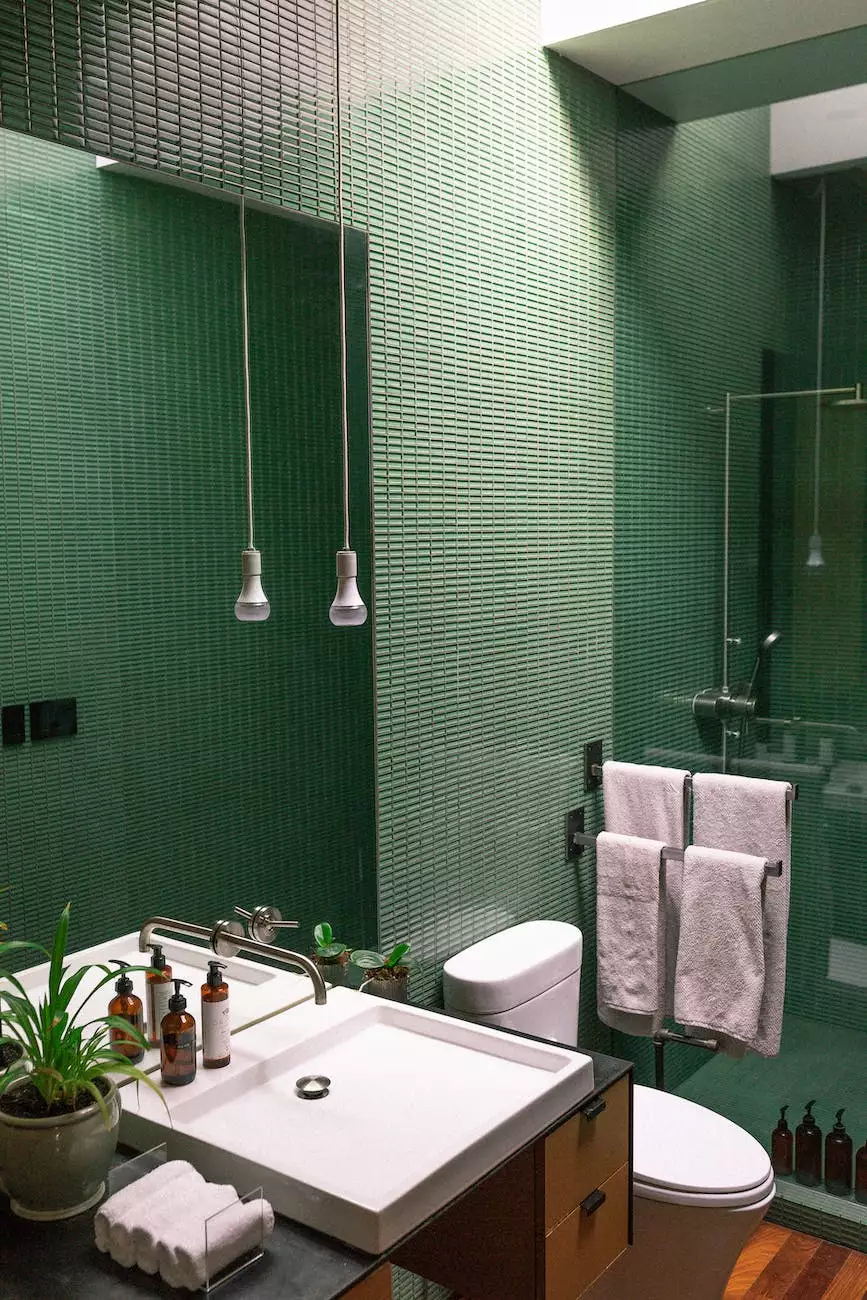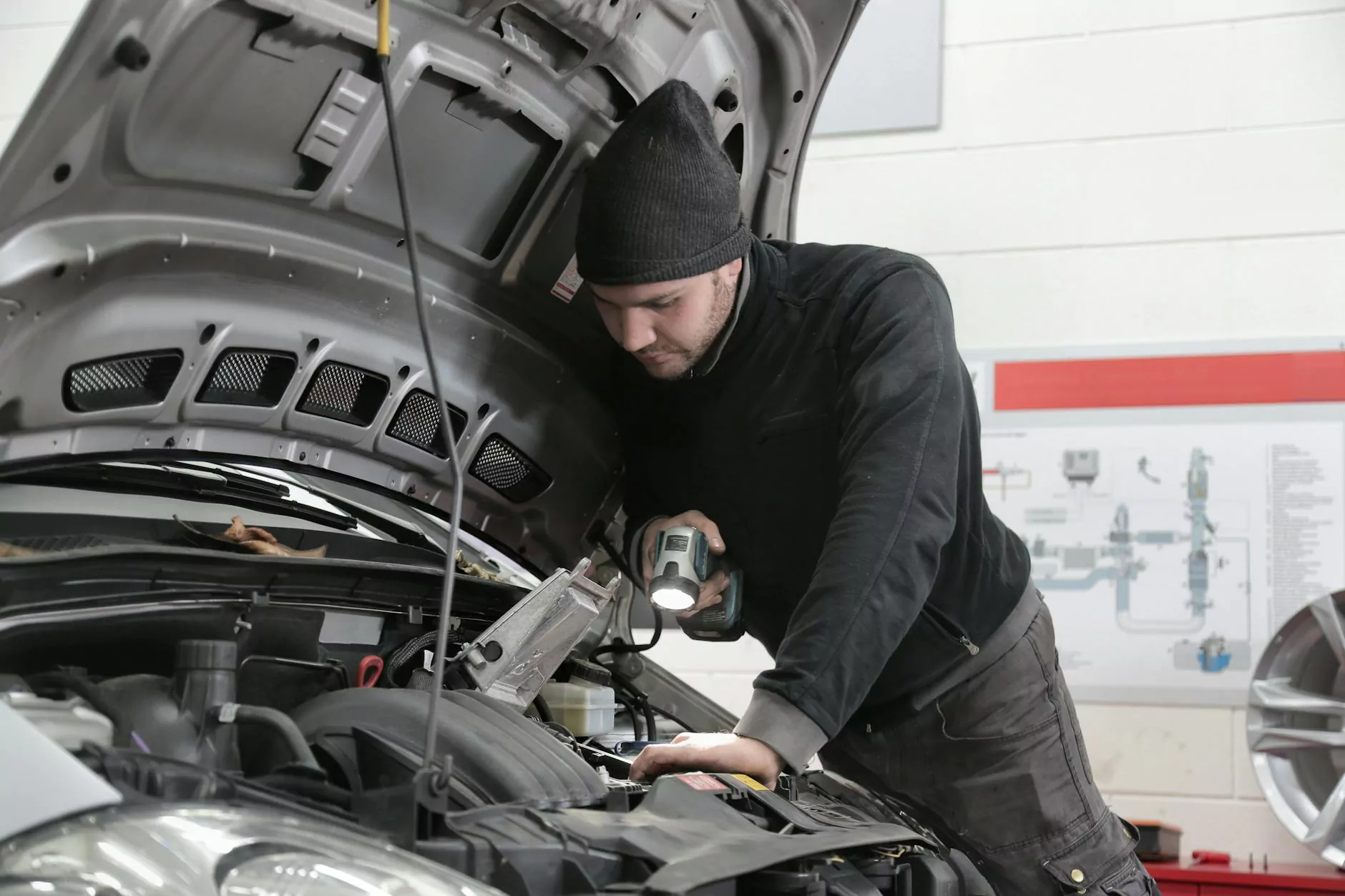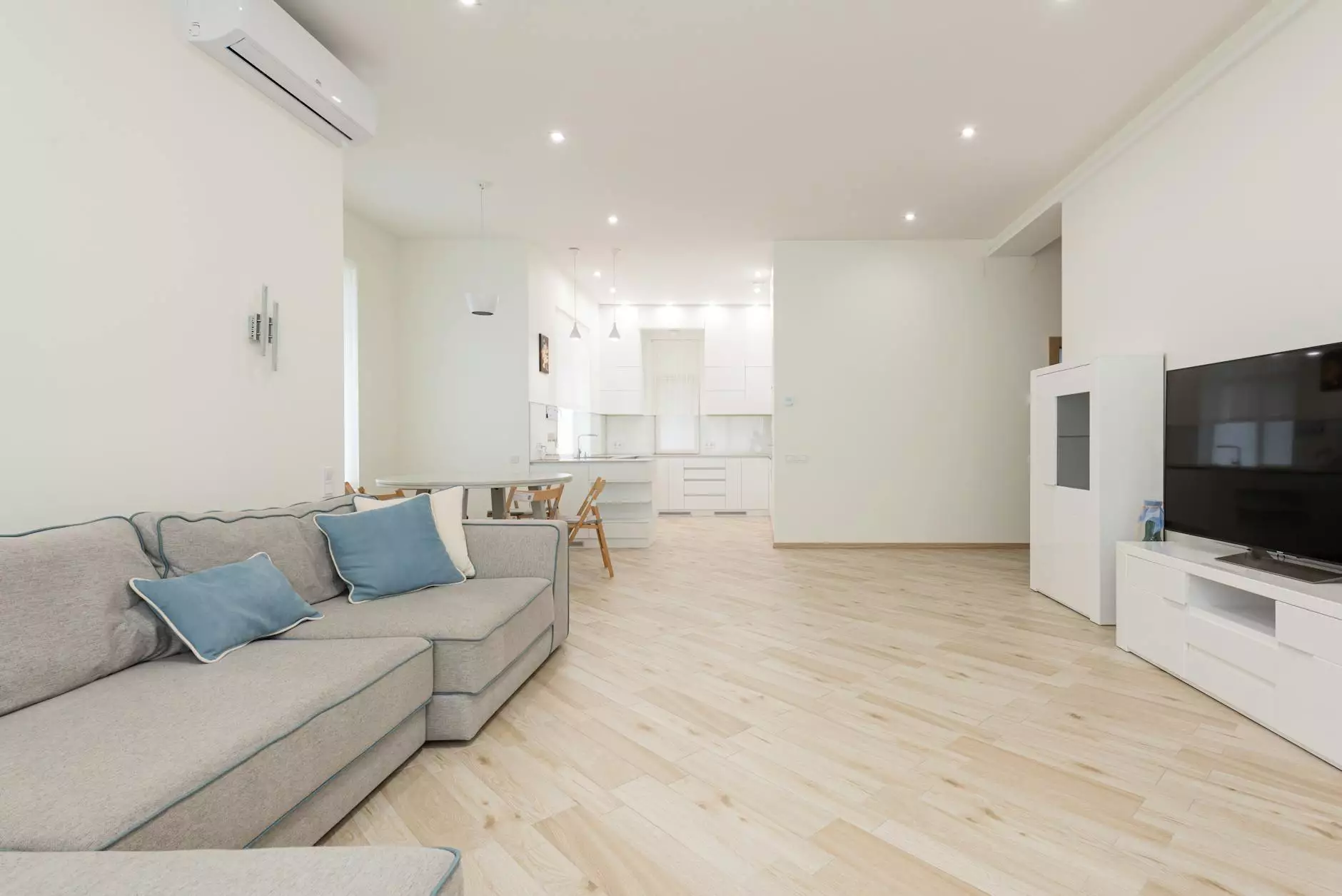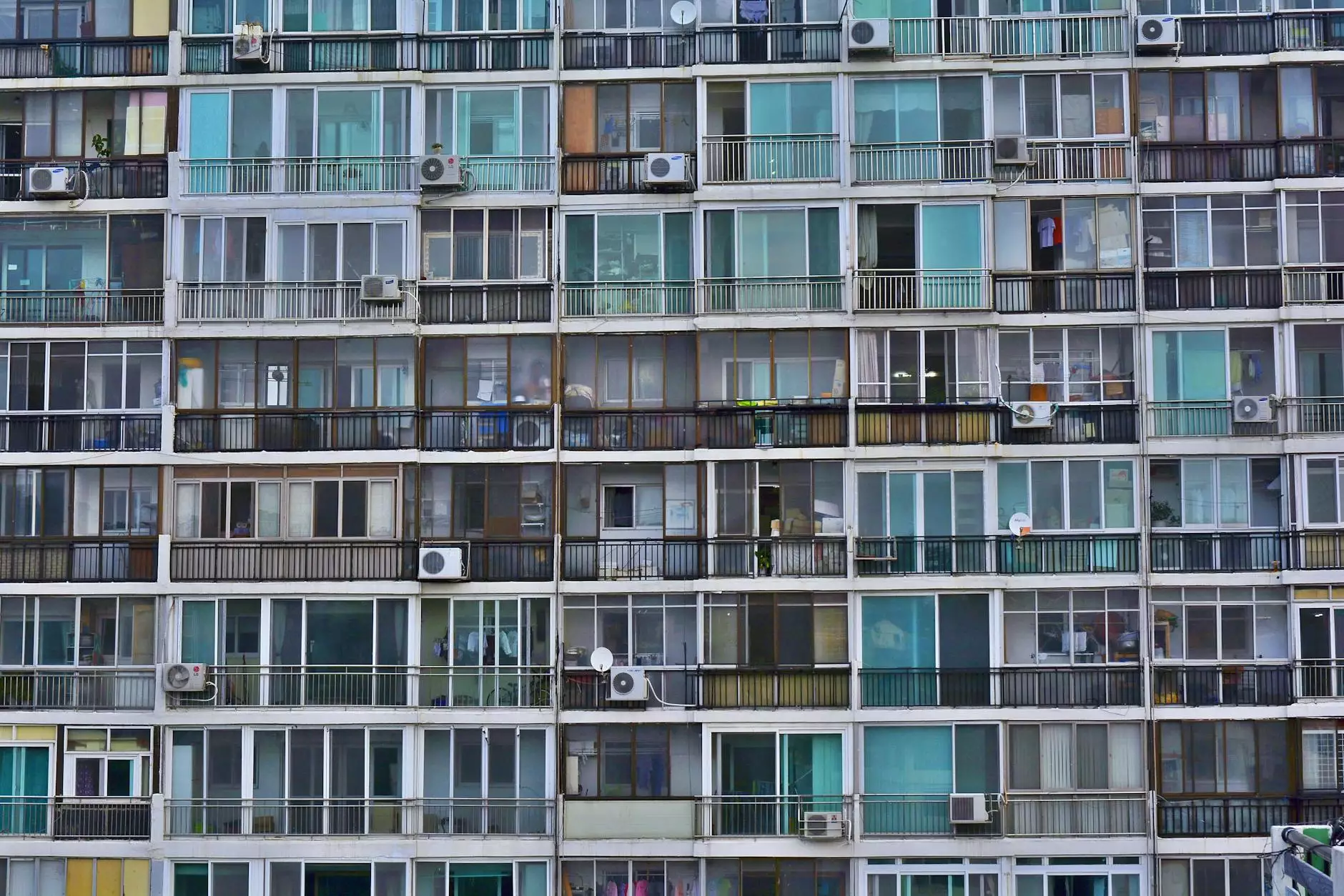Heat Pumps - The Ultimate Guide to Efficient Heating and Cooling Solutions
Air Conditioning
Introduction
Welcome to our comprehensive guide on heat pumps, the innovative and highly efficient heating and cooling solutions for residential and commercial properties. In this ultimate guide, we will dive deep into the world of heat pumps, providing you with all the necessary information you need to make informed decisions.
What are Heat Pumps?
A heat pump is a remarkable device that utilizes a small amount of energy to transfer heat from one location to another, providing heating and cooling capabilities for your space. Unlike traditional heating and cooling systems that rely on burning fossil fuels or electricity to generate heat, heat pumps use the principles of thermodynamics to move heat from a lower temperature area to a higher temperature area.
Heat pumps are known for their exceptional energy efficiency, as they can produce more energy than they consume. By harnessing the existing heat in the air, ground, or water, heat pumps can deliver efficient heating and cooling solutions while reducing carbon emissions and energy costs.
The Benefits of Heat Pumps
Investing in a heat pump brings numerous benefits to your home or business. Let's explore some of the key advantages:
1. Energy Efficiency
Heat pumps are highly energy efficient, providing significant savings on your utility bills. By transferring heat rather than generating it from scratch, heat pumps can deliver up to 400% efficiency, making them a sustainable choice for heating and cooling.
2. Versatility
Heat pumps offer both heating and cooling capabilities, ensuring year-round comfort regardless of the season. With a heat pump, you won't need separate systems for heating and cooling, saving space and money.
3. Environmentally Friendly
Heat pumps utilize renewable energy sources, such as the heat absorbed from the air or ground, making them environmentally friendly. By reducing reliance on fossil fuels, heat pumps contribute to lowering carbon emissions, helping combat climate change.
4. Improved Indoor Air Quality
Heat pumps not only heat or cool your space but also actively filter the air, removing dust, allergens, and other pollutants. This helps improve indoor air quality, promoting a healthier and more comfortable living or working environment.
5. Long Lifespan
Heat pumps are built to last. With proper maintenance and care, a well-installed heat pump can serve you for more than 15 years, providing sustainable comfort and savings over its lifespan.
Types of Heat Pumps
Heat pumps come in various types to suit different needs and environments. Let's explore the most common types of heat pumps:
1. Air Source Heat Pumps
Air source heat pumps extract heat from the outdoor air and transfer it indoors. They are suitable for moderate climates and can deliver efficient heating and cooling throughout the year.
2. Ground Source Heat Pumps (Geothermal)
Ground source heat pumps, also known as geothermal heat pumps, utilize the stable temperature of the ground to extract and transfer heat. They provide consistent heating and cooling, making them ideal for various climates.
3. Water Source Heat Pumps
Water source heat pumps extract heat from a water source, such as a nearby lake or pond. These heat pumps are highly efficient and widely used in areas with an abundant water supply.
4. Ductless Mini-Split Heat Pumps
Ductless mini-split heat pumps are excellent options for spaces without existing ductwork. They consist of an outdoor unit connected to one or multiple indoor units, allowing independent temperature control for each zone.
Heat Pump Installation and Maintenance
Proper installation and regular maintenance are crucial to ensure the optimal performance and longevity of your heat pump system. Here are some essential steps to follow:
1. Professional Installation
Always choose a reputable HVAC professional to install your heat pump system. Proper sizing, correct placement, and accurate installation are vital for optimal efficiency and performance.
2. Regular Filter Cleaning and Replacement
Clean or replace the air filters in your heat pump regularly to ensure proper airflow and prevent dust and debris buildup. Clogged filters can impede efficiency and affect indoor air quality.
3. Annual Maintenance
Schedule annual maintenance with a qualified technician to inspect and tune up your heat pump system. This includes checking refrigerant levels, cleaning coils, testing electrical connections, and ensuring overall system efficiency.
4. Clear Surrounding Area
Keep the outdoor unit free from debris, leaves, and other obstructions. Clear the surrounding area to allow proper airflow and prevent overheating of the system.
Conclusion
In conclusion, heat pumps are innovative and efficient heating and cooling solutions that provide numerous benefits for your home or business. By harnessing renewable energy sources and utilizing advanced technology, heat pumps offer energy savings, versatility, environmental friendliness, improved indoor air quality, and long lifespan.
If you are considering installing a heat pump system, make sure to choose the right type for your specific needs, hire a professional installer, and prioritize regular maintenance. By doing so, you can enjoy optimal comfort, cost savings, and contribute to a sustainable future.
Explore the world of heat pumps today and take the first step towards efficient and eco-friendly heating and cooling solutions!










